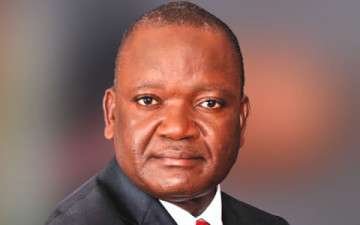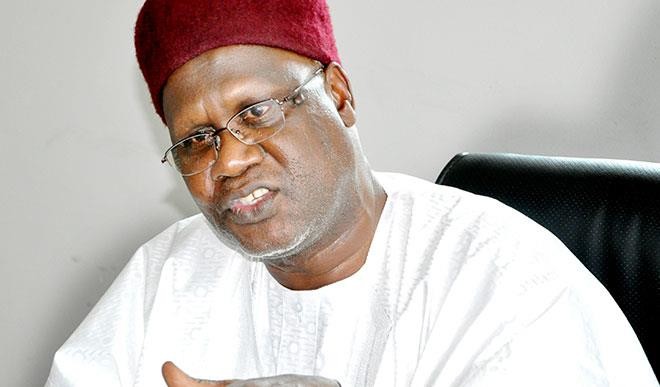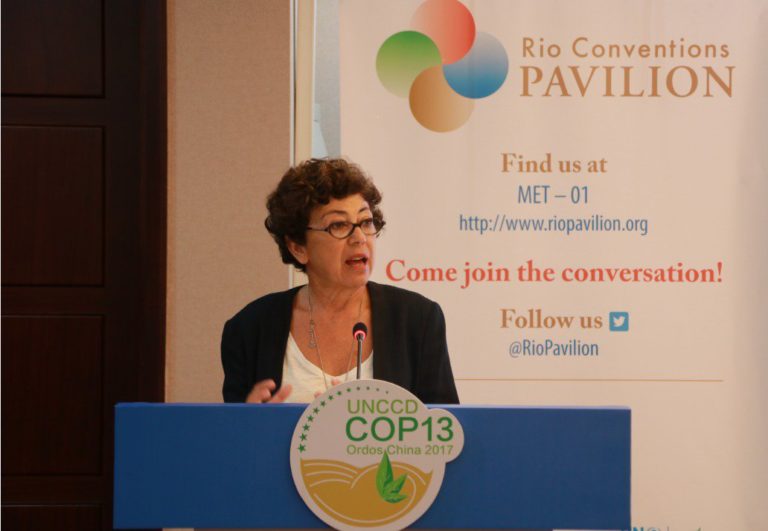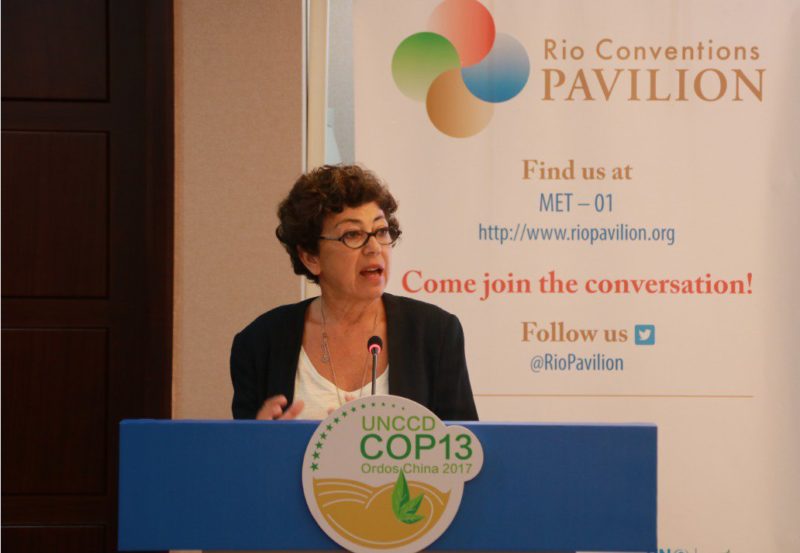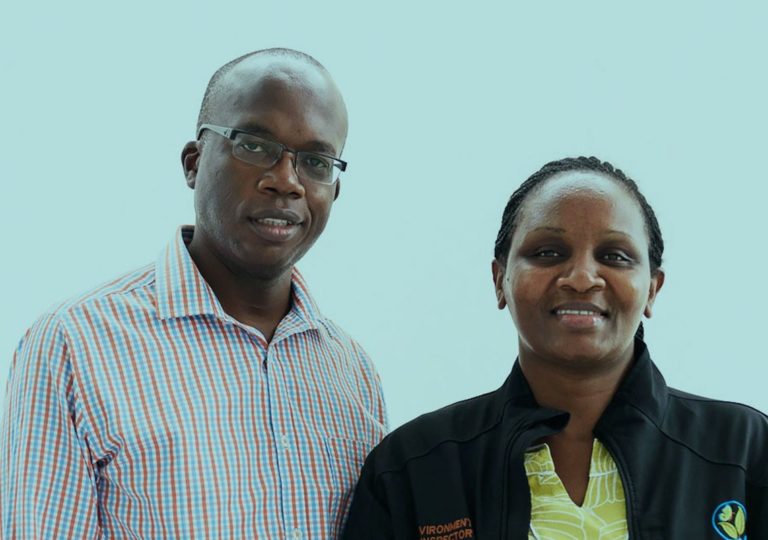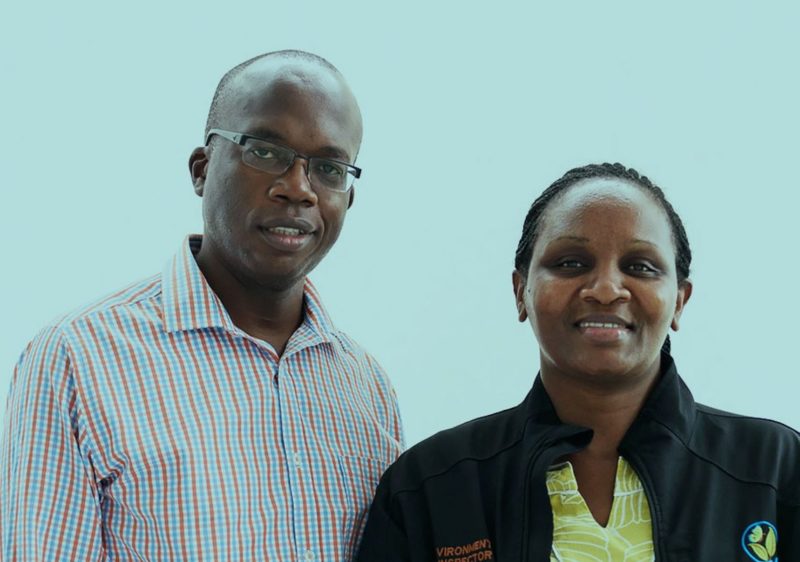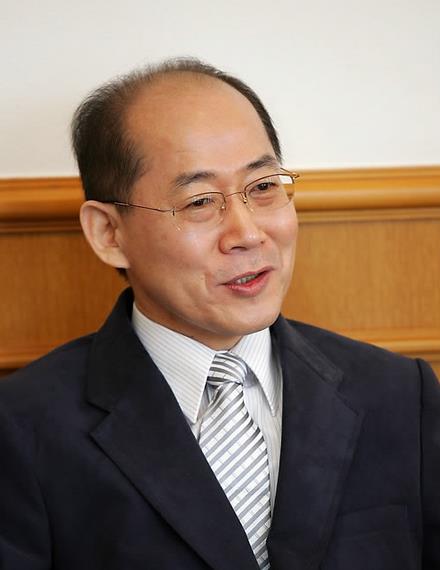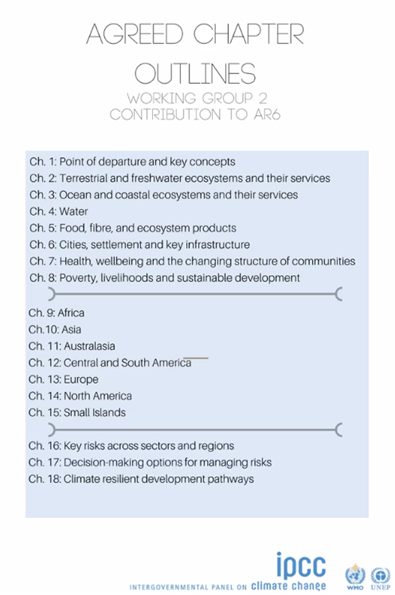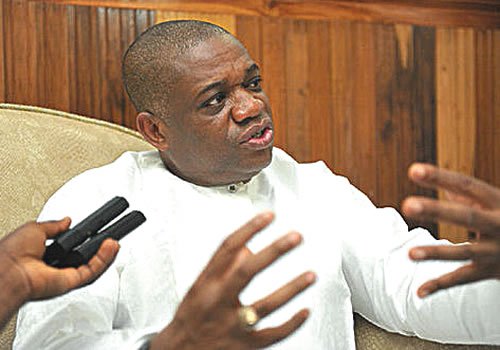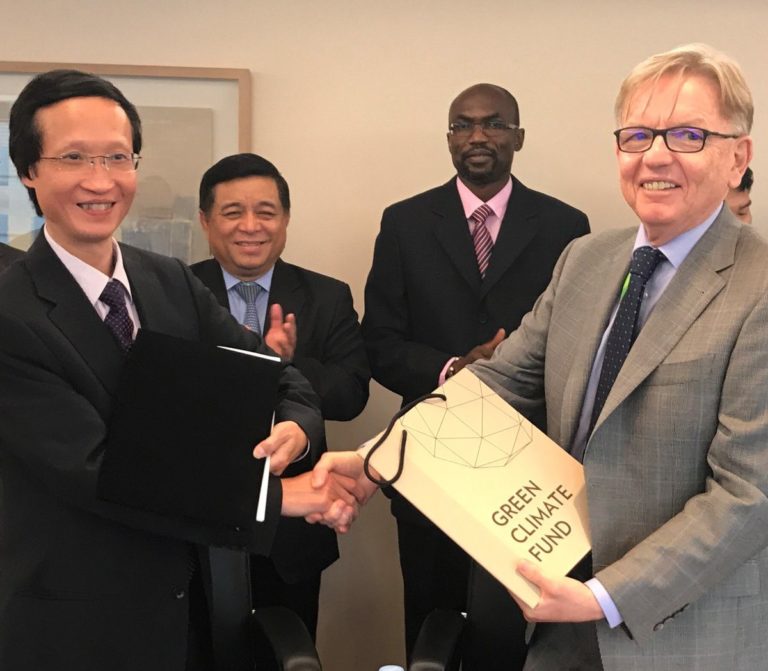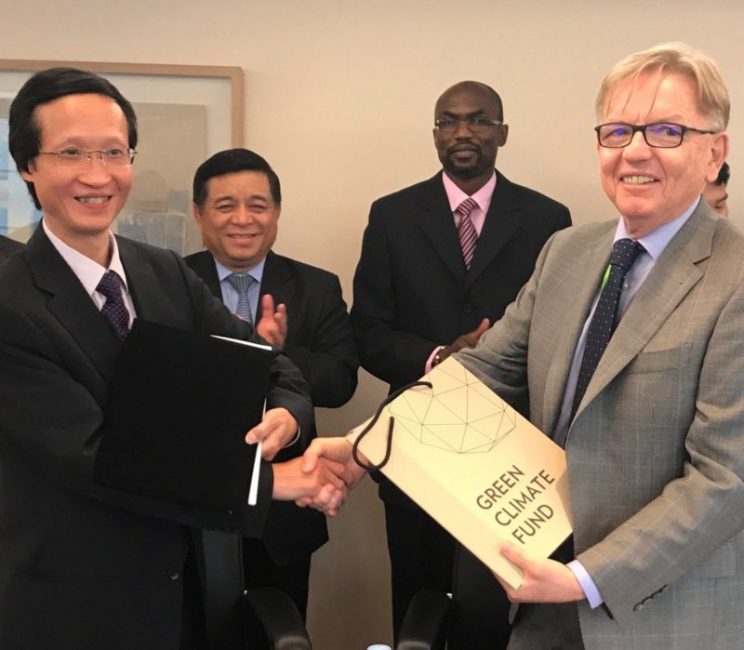Foreign Affairs Minister, Geoffrey Onyeama, said on Monday, September 11, 2017 that about $700 million had been realised from the pledges made by donors to address the humanitarian crisis in the Lake Chad basin region.
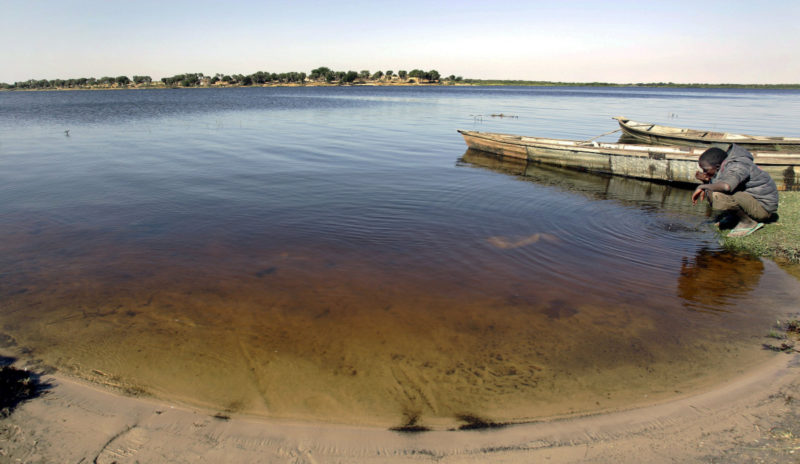
Onyeama stated this in Abuja while fielding questions from newsmen after a closed door meeting with a UN delegation led by Mark Lowcock, UN Under-Secretary-General for Humanitarian Affairs and Emergency Relief Coordinator.
The UN had in February organised a $1.5 billion donor conference in Oslo to tackle the complex crisis caused by Boko Haram terrorists in the Lake Chad Basin.
Donors pledged more than $670 million at the conference hosted by Norway in conjunction with Nigeria and Germany to support aid operations in the region.
“At the last count I believe about $700 million has been realised in the pledges made to assist in the humanitarian crisis in the Lake Chad basin country including Nigeria.
“Nigeria is having the large chunk of it. The UN is disbursing a lot of the fund, and a lot of it is going into relief and food materials for the Lake Chad region countries,” Onyeama said.
The minister, who commended the UN for the role it played in organising the conference, however, said that there were challenges in the redemption of the pledges by the donors.
“We appreciate very much, role the UN has been playing in assisting us addressing the serious humanitarian challenges we are facing in the northeast of the country.
“We are very grateful to the UN for assisting us to organise the donor meeting in Oslo and really put it in the centre of the international stage.
“We appreciate the visit of the delegation led by the UN Under-Secretary-General which is meant to highlight the challenges of the of Lake Chad Basin countries,” he said
He said that a lot had been achieved on the very impressive pledges made by countries in Oslo
“We appreciate it very much, of course the challenge in the pledge is to have it all redeemed but it is a work in progress and significant amount has been redeemed.
“UN has also embarked on creating awareness through the UN General Assembly and to encourage international support,” he said
Lowcock earlier remarked that he was in Nigeria to have first hand assessment of the humanitarian crisis in the northeast region and report back to the UN General Assembly.
“My visit is to have first hand assessment of the situation here and in particular to understand the progress made in the lives of the people that need humanitarian help.
“More than 11 million people over a year ago were in need of humanitarian help and are now being helped by Nigerian government and the international community.
“Next week when the leadership of the UN will gather we will have the opportunity to take the stock of the progress made and to identify further area where the assistance would be provided,” he said
Lowcock said that he would be in the northeast to meet with affected populations and humanitarian partners to evaluate the response.
The UN Chief said that the visit would avail him opportunity to also engage with government officials in the northeast and to advocate for increased support to affected people and communities.
He said that his visit was also aimed at drawing global attention and to mobilise increased support for affected populations.
He said that focus was particularly on women and children amid growing protection concerns, food insecurity and worsening health conditions exemplified by the recent cholera outbreak across camps.

